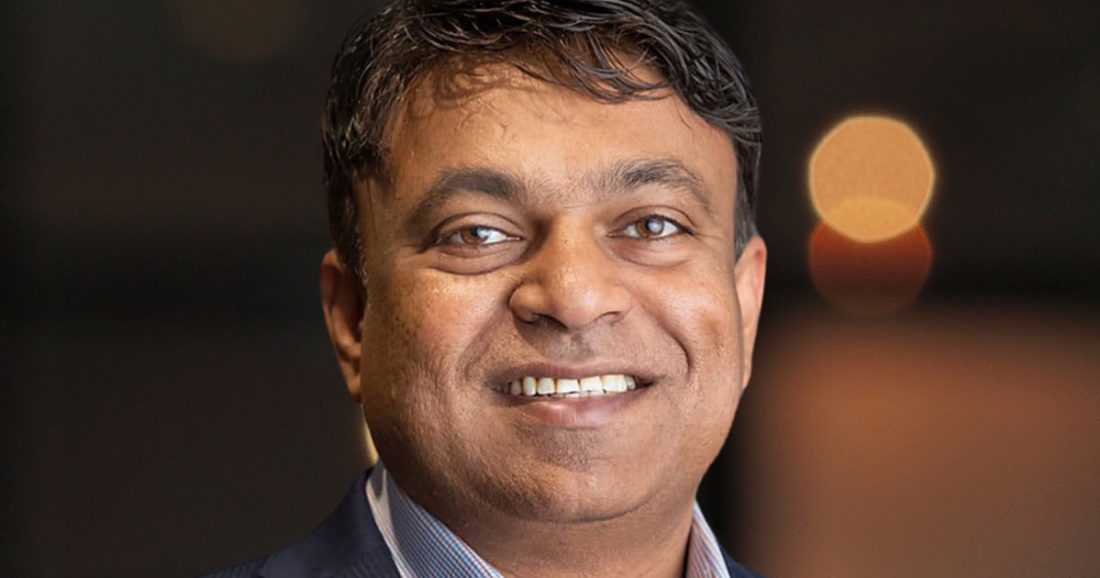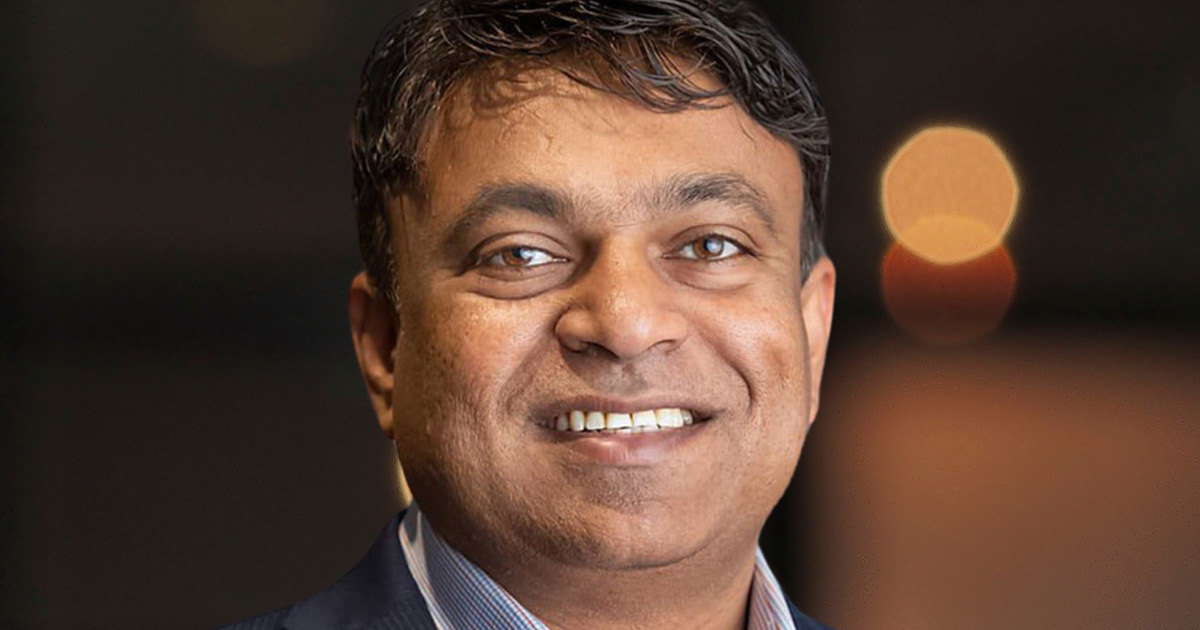New technology, much of it incomprehensible just a few years ago, is transforming productivity and efficiency in organizations of all shapes and sizes – making the powerful benefits of AI impossible to ignore.
Yet many businesses, anxious to embrace the latest innovations, often find themselves lacking the expertise to effectively implement AI, such is the litany of products and the seemingly endless possibilities. Thankfully, on hand to guide businesses through this transition, is Saxon AI.
“At Saxon, we are a system integrator software solutions organization that’s been in business for almost 17 years now,” Saxon AI President and CEO, Gopi Kandukuri, tells The CEO Magazine. “Our focus is providing cutting-edge solutions, which is really the need of the hour in the market.”
Kandukuri’s experience means he is expertly placed to oversee the services Saxon provides. “I come from an implementing and consulting background with Microsoft Solutions, so it has been a natural progression for me,” he says.
And his association with the company still endures. “We are a premium Microsoft partner with offices in India, Singapore, the Middle East and the United States,” he says. “This means that for us, there is a real opportunity for us to innovate for our customers by solving their problems using our in-depth knowledge.”
Collaborative solutions
Today, one of Saxon’s key offerings is guiding its clients through the process of adopting and implementing new technology, such as generative AI and machine learning. But this hasn’t always been the case.
“Long back, we started as a capability sales organization,” Kandukuri says. “But we quickly realized that the real value of any system integrator is in solving the problems that customers encounter in the process of implementing new products and solutions.”
This realization motivated the company to adopt a more collaborative approach to doing business.
“Now we come in as a consulting and implementing organization for small to medium-sized businesses, bridging the gap between the organization and the need of the hour,” he explains.
“We assess the opportunity and work out how we can build a solution and implement it at a lower cost.”

“A lot of what we are seeing now in AI was unimaginable just a few years back.”
Having been Saxon President and CEO since its inception in 2008, Kandukuri has closely witnessed the rapid changes in digital technology, which show no sign of relenting.
“In the short-term, our focus area has been in applied AI, particularly using the OpenAI and Microsoft partnership, where things are changing pretty much every day,” he says.
“Every customer wants to do a proof of concept or a pilot. Our focus is on embedding and transforming, making their existing applications utilize AI, particularly applied AI.”
In this environment, where new technologies are arriving at an astonishing rate, Saxon’s job will be to continue to stay at the forefront of these innovations, making sure they continue to provide value to its customers.
A new unknown
Reflecting on the industry in general, Kandukuri identifies one of the biggest obstacles in the gap that exists between AI experts and the general population.
“The biggest challenge right now is educating most of the customers,” he admits.
And this experience is backed up by research. A survey conducted in 2023 showed that just 30 percent of Americans had a high awareness of how AI was used in their daily lives, while 31 percent demonstrated a low understanding.

“The biggest challenge right now is educating most of the customers.”
Because all these innovations are so new, the scope, limits and possibilities of AI are still unknown, Kandukuri says.
“With AI coming into the mainstream in the last couple of years, everyone is now looking at how they can adapt, how they can solve their problems using AI. People are doing their own research to try and figure out if and how we can use the latest technology to solve problems that never seemed solvable,” he says.
There is even a limit to how much experts know, he says, as the potential of the technology is still being unveiled. He gives the emergence of real-time applications, that give users immediate, up-to-date information, as an example.
“Think of Uber, which would not have been possible without the revolution in mobile technology,” he points out. “A lot of what we are seeing now in AI was unimaginable just a few years back.”
Committed to the customer
It is not just advancements in AI and digital technology that Saxon remains sensitive to. Like any business worth its salt, it knows the crucial importance of staying alert to the needs and demands of its customers.
“Our commitment to the customer is what sets us apart from the competition,” Kandukuri says. “This involves a lot of listening, and trying to understand and address problems from the perspective of the customer.
“This is the primary thing that differentiates us. Truly listening to the customer is what allows us to provide them with the correct solution.”

“Truly listening to the customer is what allows us to provide them with the correct solution.”
And for Saxon, a commitment to innovation is at the heart of providing a good customer experience. A recent example is its work with Balfour, a graduation services company, giving the company access to powerful new digital tools.
“We took a video stream of a graduation event, and cut it into sections using facial recognition, voice recognition and name recognition software,” he says. “It is really cutting-edge.”
It is projects like this, where the limits of AI are being found and extended, that illustrates the unique value that Saxon provides.
“We continue to evolve and continue to build the organization with a lot of R&D,” Kandukuri says. “Creating innovative solutions where we can save time and money for our customers is the primary goal.”




